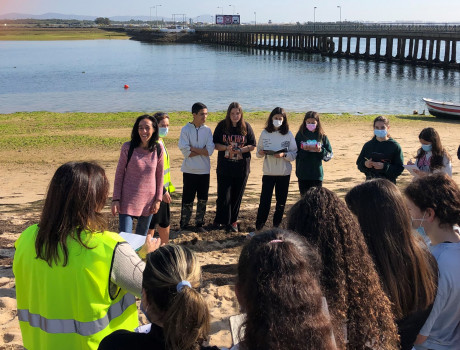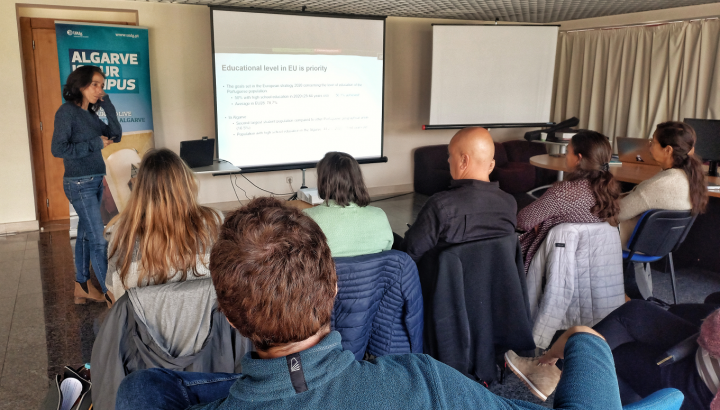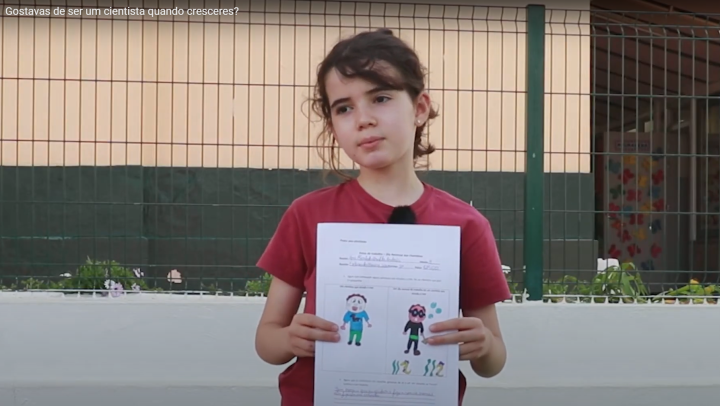The BridgingAll project aims to create a bridge between academia and schools in view of increasing the quality of the education system in the Algarve, from basic school to university levels, while promoting ocean literacy and the communication of ocean sciences.
Focusing on the ocean
We, humans, are deeply connected to the ocean. The ocean influences our weather and climate, supports biodiversity and ecosystems upon which we depend, and provides a range of services and resources that affect every human life. From the oxygen we breath to food, medicines and energy, the ocean is a source of health and wealth.
The Algarve, in the south of Portugal, is blessed with a 200 Km coastline that is home to Ria Formosa - one of the most important aquatic ecosystems of southern Europe and a pilar for the regional and national economy (fisheries and aquaculture). For its enormous ecologic and socio-economic importance, the ocean is a central focus for regional development in the Algarve and a priority research area for the University of the Algarve (UAlg) and the Centre of Marine Sciences of the Algarve (CCMAR).
Sharing ocean knowledge
Both CCMAR and the Faculty of Sciences and Technologies of the University of the Algarve are deeply committed to increase the scientific knowledge on marine and coastal areas and have strongly invested in the transfer of this knowledge to the community. At the core of this transfer, regional schools (from pre-school, basic and secondary levels) are a priority.
Each year, our researchers interact with thousands of students participating in talks and experimental marine scientific activities in their schools, visits to the CCMAR/FCT facilities, and summer internships for high-school students in partnership with the National Agency for Science and Technological Culture - Ciência Viva. Nevertheless, these activities are far from reaching the overall student population of the Algarve, which is composed of over 70 thousand students from pre-school to university level.
The education landscape in the Algarve
The Algarve is the region with the second-highest percentage of students per resident population in Portugal (16.5%, only surpassed by Lisbon and Tagus valley with 17%). Yet, it also has one of the highest dropout rates from school in the country. More than 20% of students do not complete their high school education, either because they lack interest in pursuing their studies or have socio-economic constraints.
This lack of interest in pursuing a university level education, particularly in the fields of science and technology, is frequently accompanied by the lack of perception of what future jobs they may have in the region, since tourism-related activities are perceived as the main career opportunities in the Algarve. Conversely, those who engage in scientific areas frequently end up leaving the region in pursuit of job opportunities, due to the low investment on R&I activities and jobs for the region. All these factors align with other specific structural and regional economic aspects to explain how difficult it is to increase the educational level of the population in the Algarve and to increase the proportion of critical specialized mass to stir the development and innovation of this region.
A smart strategy for science education and communication
With its marine and coastal natural resources, the Algarve has an immense potential for development and innovation. Smart strategies are needed to connect younger generations to their natural heritage, so that they understand the importance of these resources for the region’s economy sector, to encourage them to become active partners in solving societal problems affecting these resources, and to attract more students to scientific areas.
Such smart strategies must focus on transferring the most updated scientific knowledge and innovation on marine science from I&D regional institutions into the school community. Yet, this knowledge transfer requires an improvement of current science communication activities in the region, including implementing best-practices and increasing the communication skills and competences of those involved.
BridgingALL
The BridgingAll project aims to increase the quality of science education and communication in the Algarve by promoting training courses that will increase ocean literacy and develop the communications skills and competences of:
-
Marine and maritime science teachers, which will be provided with an opportunity for career development, along with scientific and technical skills and easier access to updated digital and multimedia resources that they may integrate in classes to stimulate the interest of students for science.
-
University students (MSc and PhD), which will be able to gain skills in ocean science outreach activities.
-
13- to 15-years old students, who will be motivated to pursuit science studies through informal training, experimental science activities and field trips to learn ocean science.
Funded by:
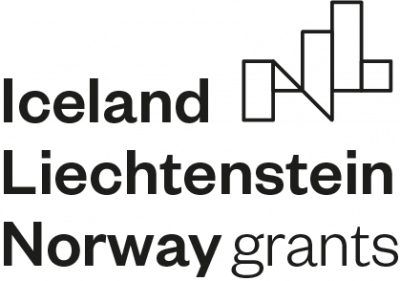
Programme Operator:

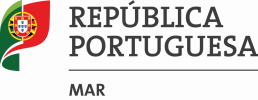
Promotor:
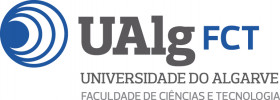
Partners:
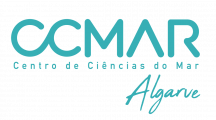
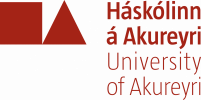
Project funded by Iceland, Liechtenstein and Norway through the EEA Grants. Through the Agreement on the European Economic Area (EEA), Iceland, Liechtenstein and Norway are partners in the internal market with the Member States of the European Union. As a way of promoting a continuous and balanced strengthening of economic and trade relations, the parties to the EEA Agreement established a multi-annual Financial Mechanism, known as EEA Grants. EEA Grants aim to reduce social and economic disparities in Europe and strengthen bilateral relations between these three countries and beneficiary countries. For the period 2014-2021, a total contribution of €2.8 billion has been agreed to 15 beneficiary countries. Portugal will benefit from an amount of 102.7 million euros. Learn more at eeagrants.gov.pt
